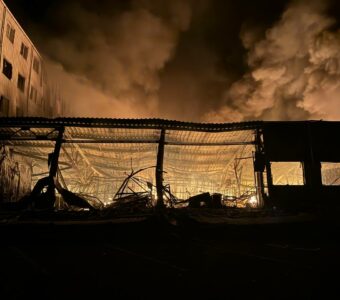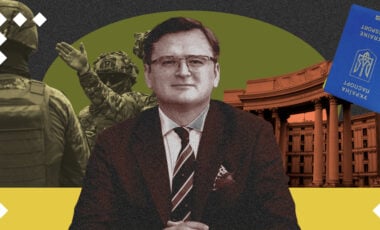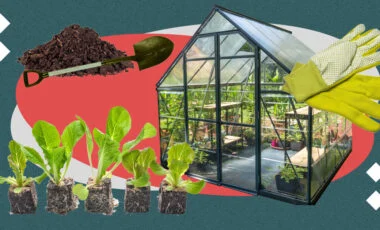Russia is poisoning Ukrainian air: experts reveal another layer of damage caused by war

Photo: Ministry of Environmental Protection
At the United for Justice conference, a Dutch climate expert explained how air could be restored after military operations and why it's so expensive, the Rubryka correspondent reports.
What is the problem?
War causes not only direct but also indirect damage to the environment, for instance, leading to an increase in carbon emissions into the atmosphere.
This pollution is not only from explosions and fires caused by shelling but also, for example, the movement of heavy military equipment or the need to create longer routes for civilian flights that bypass combat zones, which causes greater fuel consumption and more gases entering the atmosphere.
The production volume of some substances that cause a high level of emissions is also increasing; these include cement, which is actively used in rebuilding destroyed cities.
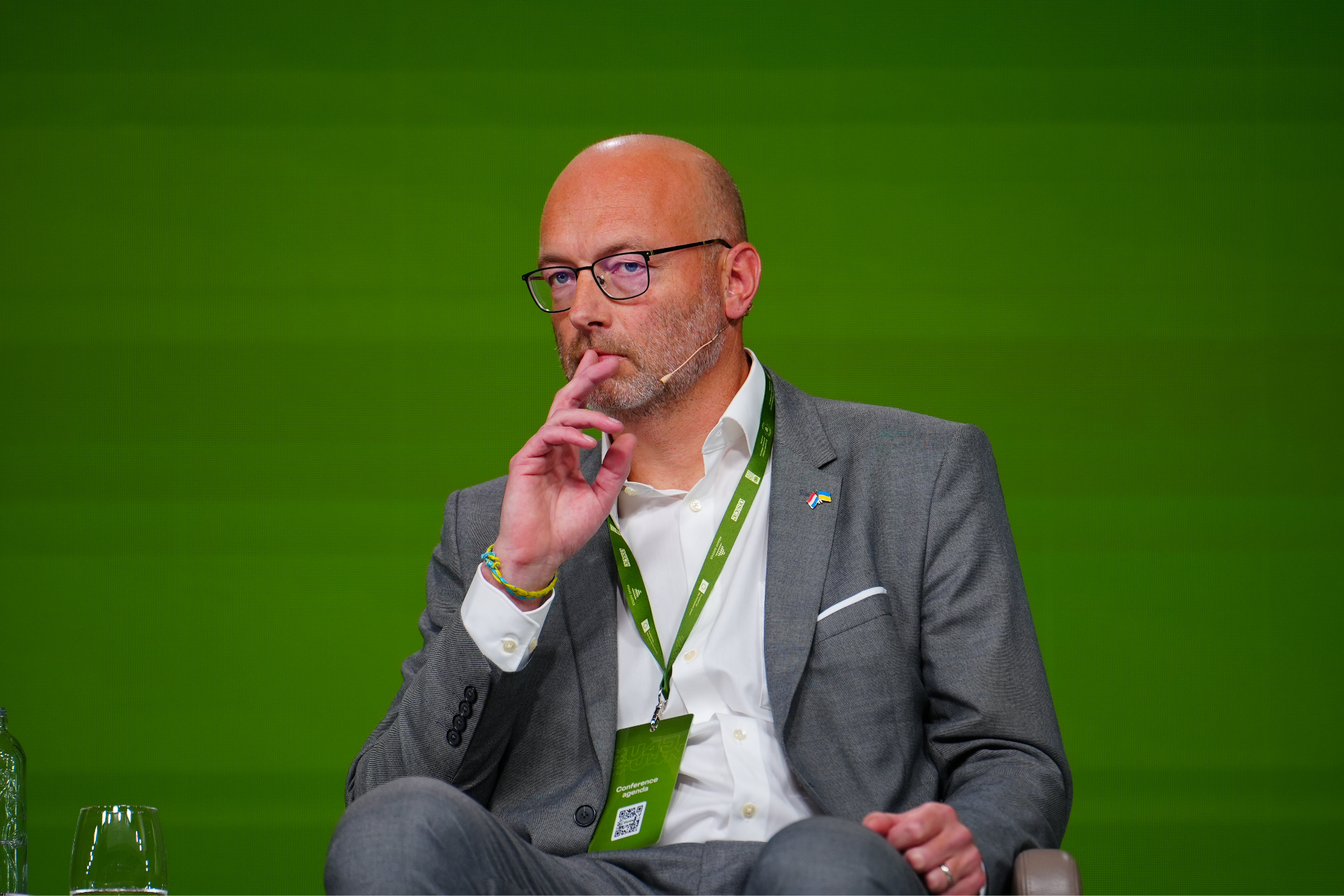
Lennard De Klerk. Photo: Ministry of Environmental Protection
Lennard De Klerk is a businessman and scientist focusing on reducing the carbon footprint. He developed climate projects under the Kyoto Protocol to purchase resulting CO2 reductions on behalf of the Dutch government and built a carbon-neutral resort in Hungary. After the start of Russia's full-scale war against Ukraine, De Klerk launched an initiative to determine the impact of the Russian invasion of Ukraine on carbon emissions.
At the United for Justice conference held in Kyiv the other day, Lennard de Klerk spoke about the intermediate results obtained in his research.
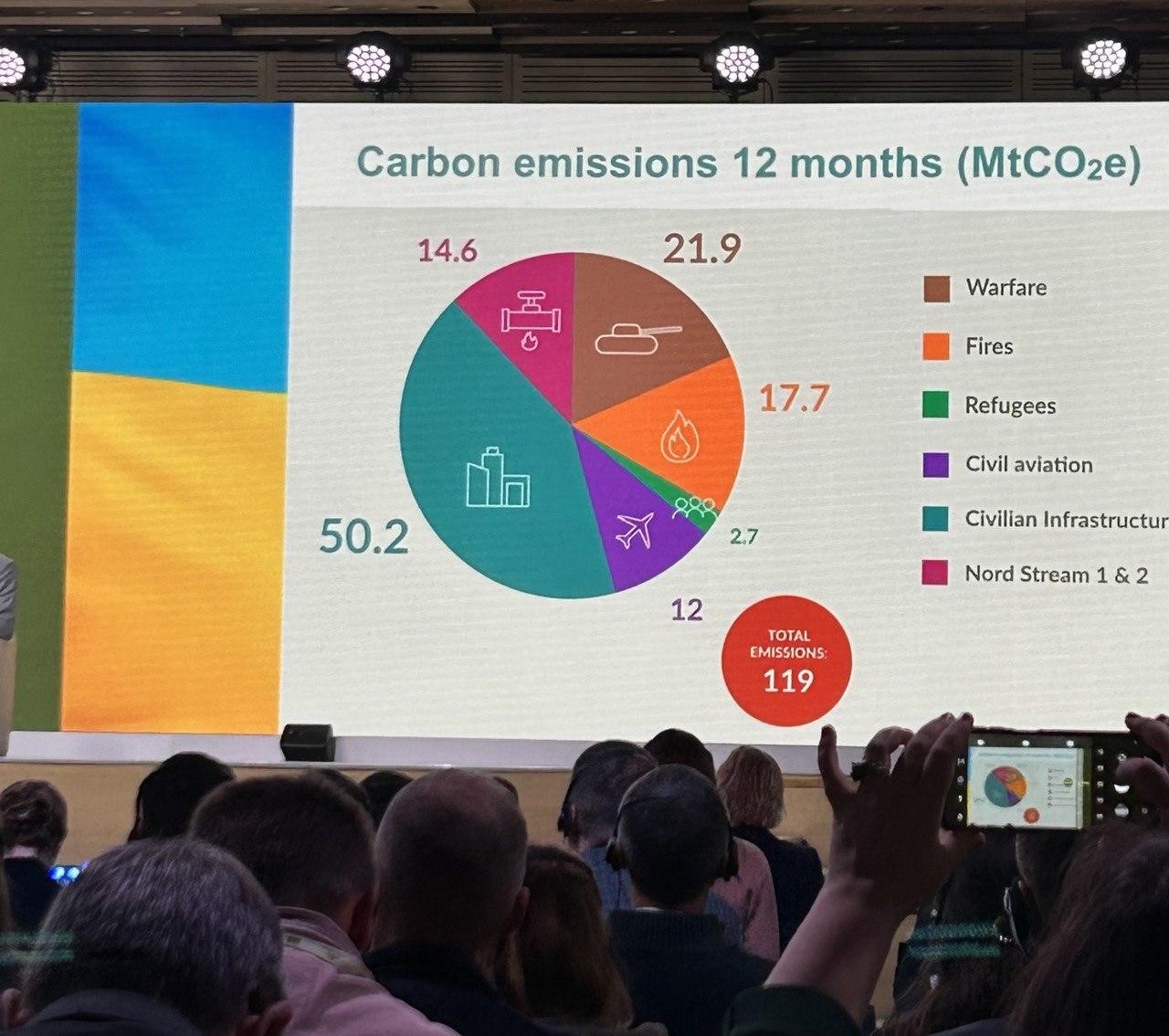
During the 12 months of Russia's war against Ukraine, 119 tons of additional carbon entered the atmosphere. Infographic prepared by Lennard De Klerk.
"During the 12 months of the war in Ukraine, 119 tons of carbon entered the Earth's atmosphere, caused precisely by Russia's war against Ukraine. This is not only direct but also indirect damage," said the scientist.
The largest amount of carbon is caused by the destruction of civil infrastructure — 50.2 tons. Almost 22 tons are due to hostilities, and 14.6 tons are due to the detonation of the Nord Stream pipeline.
"If you translate this into the social cost of carbon according to the methodology used by the World Bank, such emissions lead to $10 billion in losses, and Russia must compensate this amount not only to Ukraine but also to the world community," De Klerk explained.
However, this damage can still be repaired.
What is the solution?
Immediately after outlining the problem, Leonard proposed a solution to plant trees in areas where forests have burned to deposit the carbon released into the air.
De Klerk pointed out that 75% of emissions come from cement production — which is why the destruction of civil infrastructure is the largest share among emissions — so the scientist suggests using fewer materials that indirectly require a significant amount of such a resource as clean air. Instead, it is better to use alternative materials or reuse cement.
Such an initiative already exists in Ukraine. Rubryka previously reported about the pilot project of building houses from recycled concrete in war-battered Irpin.
- Building renewable energy sources can also be a solution. Green energy investments or reparations will also reduce emissions from coal-fired power plants, which may eventually offset some of the carbon released by hostilities.
Finally, Lennard added that for these solutions to work, Ukraine needs to pay attention to including the excess emissions of greenhouse gases caused by the war in the register of losses.

Damages to the air caused by hostilities. Ekozagroza
However, damage to the air has been recorded in Ukraine for a long time. As of October 23, the Ekozagroza resource reported the amount approximately 30 times greater than De Klerk's — ₴1079 billion ($29.5 billion).
At the conference held in Kyiv on October 20, Minister of Environmental Protection Ruslan Strilets announced that a Ukrainian public organization became part of the LIFE program for the first time.
It was also reported that Ukraine will receive help from Germany in collecting evidence about Russian environmental crimes.







